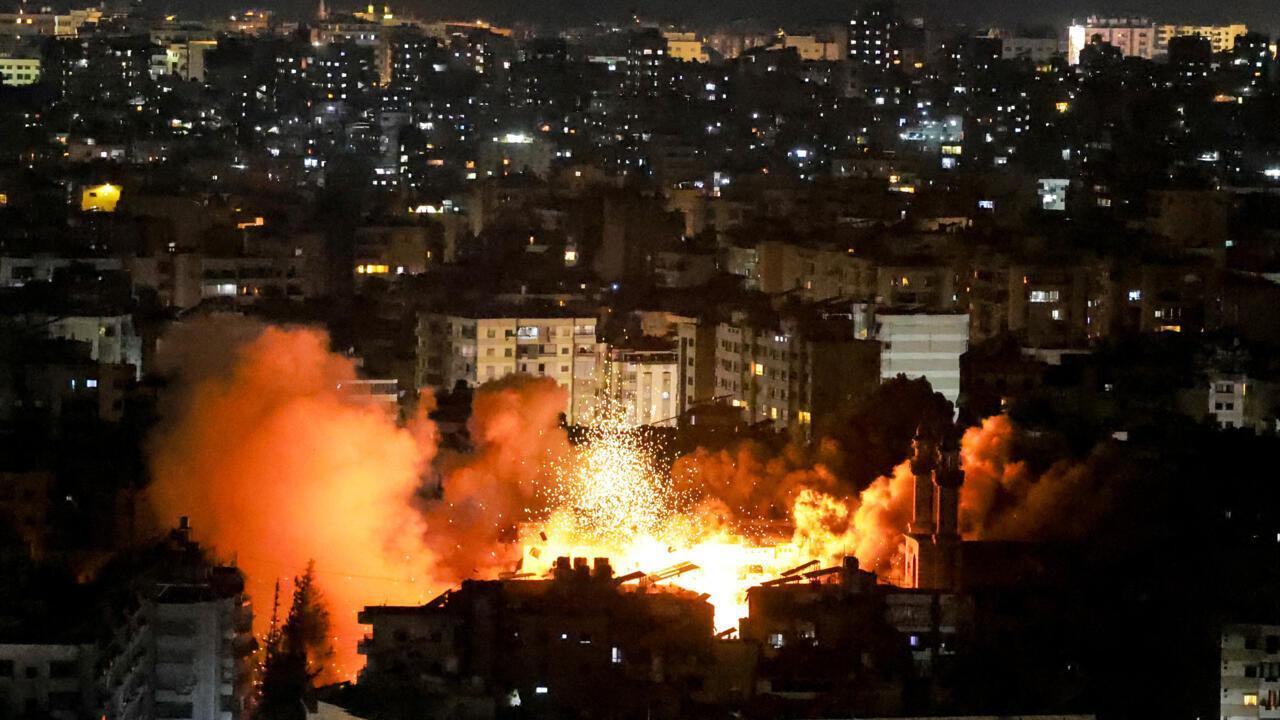
Israel warned on June 6 that it will keep striking Lebanon until militant group Hezbollah has been disarmed, hours after it hit south Beirut in what Lebanese leaders called a major violation of a ceasefire in November 2024.
An Israeli military evacuation call issued ahead of the June 5 strikes sent huge numbers of residents of the southern suburbs of the Lebanese capital.
The attack on what the Israeli military said was Hezbollah's underground drone factories came on the eve of Eid al-Adha, one of the main religious festivals of the Muslim calendar.
"Following Hezbollah's extensive use of UAVs as a central component of its terrorist attacks on the State of Israel, the terrorist organisation is operating to increase production of UAVs for the next war," the military said, calling the activities "a blatant violation of the understandings between Israel and Lebanon.”
"There will be no calm in Beirut, and no order or stability in Lebanon, without security for the State of Israel," Israeli Defense Minister Israel Katz said in a statement.
"Agreements must be honored and if you do not do what is required, we will continue to act, and with great force."
Under the ceasefire brokered by the United States and France, Lebanon committed to disarming Hezbollah, which was once reputed to be more heavily armed than the state itself.
Following the strike, President Joseph Aoun voiced "firm condemnation of the Israeli aggression" and "flagrant violation of an international accord... on the eve of a sacred religious festival.”
Israel arming anti-Hamas groups in Gaza
Meanwhile, Israeli Prime Minister Benjamin Netanyahu said that Israel has “activated” some clans of Palestinians in Gaza that are opposed to Hamas, though it was not immediately clear what role they would play.
His comments on social media were the first public acknowledgment of Israel’s backing of armed Palestinian groups within Gaza, based around powerful clans or extended families.
Such clans often wield some control in corners of Gaza and some have had clashes or tensions with Hamas in the past. Palestinians and aid workers have accused clans of carrying out criminal attacks and stealing aid from trucks.
An Israeli official said that one group was the so-called Popular Forces, led by Yasser Abu Shabab, a local clan leader in Gaza's southernmost city, Rafah.
In a video posted to his X account, Netanyahu said the government made the move on the advice of “security officials,” to save lives of Israeli soldiers.